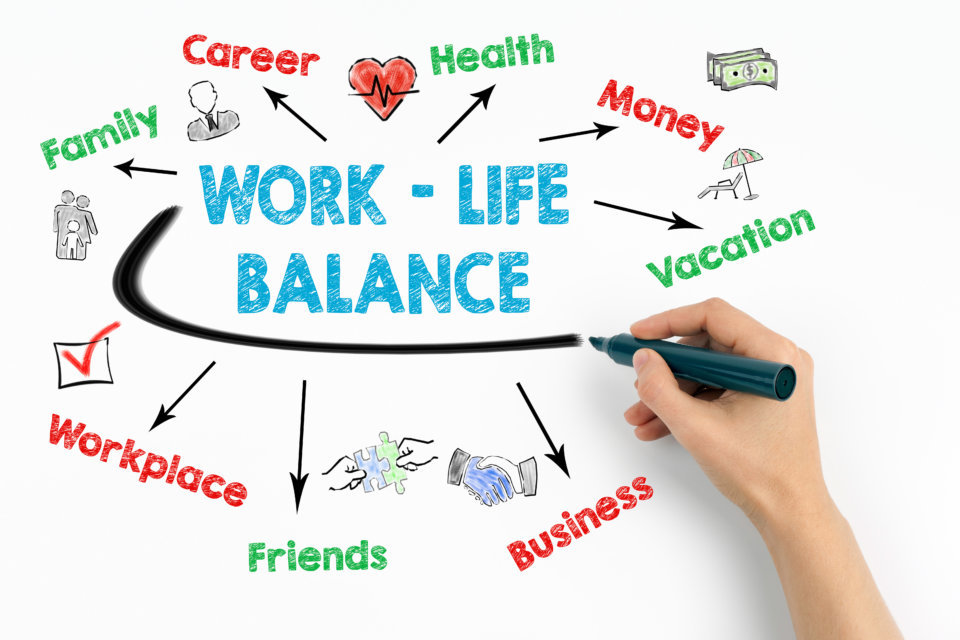In this short blog, Dr. Behrooz Makki, the outstanding nominee of the 2020 IEEE ComSoc Best YP shares his understanding and experiences on the perks of moving from academia to the industry as a young professional. We believe this topic is relatable to most of our readers, and the other side of this story will be the content of our next blog.
Let’s hear Dr. Makki’s personal narratives on this.

In 2017, I was on top of my academic career with multiple papers per year, many research collaborations, and a rapidly growing research profile. In short, I was a pure academic researcher. However, my postdoc contract would finish soon, and legally I could not extend it anymore. Therefore, I had to look for assistant professorship positions. Due to family issues, I could not move, and Chalmers University was my only option in the city. On the other hand, our department already had more than enough professors, and there was no opening. Thus, I had to move to the industry.

I started to look for industrial positions and soon got an offer from Ericsson Research. Talking to my manager, I got convinced that the offered position is the one I was looking for. Therefore, I accepted the job, and since 2017 I am working in Ericsson Research, Gothenburg, Sweden. In the following, I will list several surprises you will face when you move from academia to industry. Indeed, I explain my own experiences of working in a giant company with a great working environment. The situation may be a bit different if, for instance, you work in a small startup company. However, I believe most of the following attributes hold in general:
New environment, new language
The first thing that you notice in the industry is the presence of abbreviations. In a one-hour meeting, you may hear tens of abbreviations that you should know by heart. Abbreviations are a big part of technical conversions, and you can not follow the meetings without knowing them.
Meetings (and meetings)
Working in a company, a large portion of your working hours is spent in the meetings. Your calendar is almost always full, and a large part of knowledge sharing occurs during that. Notably, different from the university with regular meetings within a small group, you may meet many people from other units, such as making those different units of the company have the same understanding of the goals, the used techniques, etc.
Towards reality: a sense of doing something useful
University looks ten years ahead and investigates potential technologies, even though the chances of “never” using them practically are there. The product unit of a company concentrates on up to the next two years. The target year of industrial research is, say, the next five years. Importantly, academic work needs to be supported by mathematical analysis, and as a result, we may often consider semi-realistic assumptions to obtain nice mathematical derivations. In industry, however, the “reality” is of most interest, and we rely on the mathematics to support the results; we always have to verify the techniques in realistic simulations/testbeds. In particular, there are no fancy assumptions, and different aspects of the problem, such as hardware, software, standardization, and implementation cost, should be taken into account. This scenario gives you a good feeling that “I am doing something useful!” Also, such work helps you to expand your knowledge and enjoy learning.
Team targets instead of individual achievements
Most academic merits, such as citations, h-index, number of papers, are personal achievements. As opposed, individual achievements have the lowest priority in the industry. Instead, the main objective is to achieve the team targets. Here, teamwork has the highest value. Indeed, it would be best to adapt yourself to the new work style when you join a company, but once you are adjusted, you find it much more fun to work in a team.
Work-life balance

It is normal to work 50-60 hours per week to have a successful academic career. In industry, it is pretty uncommon to work >40 hours, and your weekends/holidays are entirely off. Moreover, the teamwork and reasonable workload per team member guarantee that you remain in good work/health balance. Most importantly, there is no stress for the grant application, which is currently a nightmare in academia.
To summarize, I believe doing a Ph.D. helps to become an independent researcher who can understand, formulate, and solve a problem. Also, it increases the chance of receiving “good” offers. However, my recommendation is to move to industry after the Ph.D. Currently, I have a much better work-life balance and family-friendly life, but I also feel that I am expanding my knowledge/impact on society. Particularly, my job is a hobby for me, but it allows me to enjoy other hobbies too; when I turn on my laptop every morning, I have the joy to work in our team, and when I turn it off, I happily have the whole evening to have fun with my family.
**Statements and opinions given in this blog are the expressions of the contributor(s). Responsibility for the content of published articles rests upon the contributor(s), not on the IEEE Communication Society or the IEEE Communications Society Young Professionals.

Pingback: Staying in an Academic Research; Why I love my job – IEEE ComSoc Young Professionals